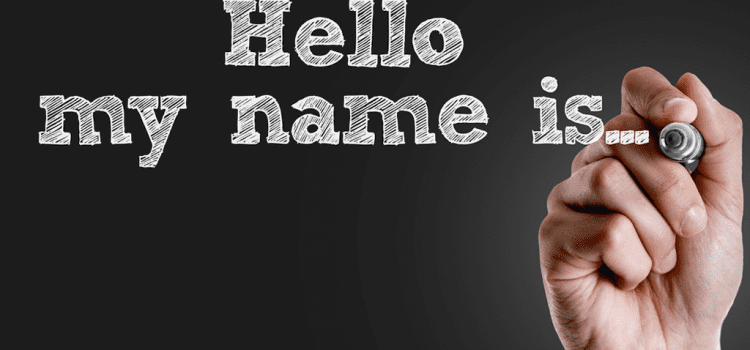Changing your name wouldn’t necessarily get you paid on time, but if you’re a woman, it might make your payments arrive a bit more snappily.
Yes, it’s true. There’s even a gender pay gap in late payments.
Female freelancers get paid late more often than male freelancers
This discovery was made by Bonsai, suppliers of freelance business management and automation tools. The company analysed 3 years of data from invoices covering a wide variety of freelance work, from digital design and development to photography and marketing. They looked at the demographics of the freelancers themselves as well as details of their projects and payments.
Their analysis showed that 31% of female freelancers’ invoices were paid late, while just 24% of men’s invoices were paid late. This effect persisted even when accounting for the freelancer’s skill set or experience and client’s size.
Overall, 29% of invoices were paid at least a day late. Over 75% late invoices were paid within 14 days of the due date, and 90% were paid within a month.
Cryptocurrency payment: beware the hard sell
Bonsai also looked at how payment methods corresponded to the rapidity of invoice payment.
Its research revealed that cryptocurrencies are the worst payment methods for freelancers wanting timely payment, as it results in almost three times more late payments than bank transfers.
39% of invoices paid by Bitcoin were paid late, with the next biggest offender being cash or cheque payments at 31%. These were followed by PayPal (24%), other payment services (23%), credit card (22%), and bank transfer/ACH (14%).
Change your name and your sector?
It also seems that what you do and what you’re being paid for affects the timeliness of your payments too. Bonsai’s research revealed that freelancer marketers are most likely to be paid late, with 32% of their invoices overdue. Here’s how other roles measured up:
- software developers: paid late 29% of the time
- designers: 28%
- videographers: 27%
- writers: 26%
- photographers: 24%
The team at Bonsai have speculated that the difference here may be due to the more defined nature of the finished product in some roles (e.g. writers, photographers) and/or the higher earnings of developers and designers, which may make them more easy-going about chasing late payments.
Size matters
Bonsai’s research also revealed that when it comes to late payments, invoice size matters, stating that “the size of the invoice has a very clear and linear effect on its late payment rate.”
The larger the invoice, the more likely it was to get paid late. Invoices of over $20,000 were 3 times more likely to be paid late than an invoice of under $100, possibly because larger amounts may need extra authorisation stages. This was less linked to payment method than you might expect, with some clients happy to pay large invoices with a credit card and others preferring bank transfers for even $150 invoices.
Overcoming late payment problems
So, what can freelancers do to overcome some of these issues? Sometimes, not a great deal, says Bonsai.
“You can do things like avoid payment via cryptocurrencies or invoicing for large amounts at once, which make you 3 times more likely to get paid late than other payment methods or small invoices.
“However, some things, such as your type of work or even your gender, can be harder to change but just as impactful on your payment prospects.
“Unfortunately for freelancers, it’s not just the work you do, but how you charge and who you are, that determines whether you get paid on time.”
Do you find that you’re more prone, or perhaps less prone, to being paid late than your fellow freelancers? Have you thought to identify possible reasons? Compare notes with them – and share your thoughts and findings with us!







